Ring Resounding: Noseda and NSO ring in the new year with triumphant Wagner
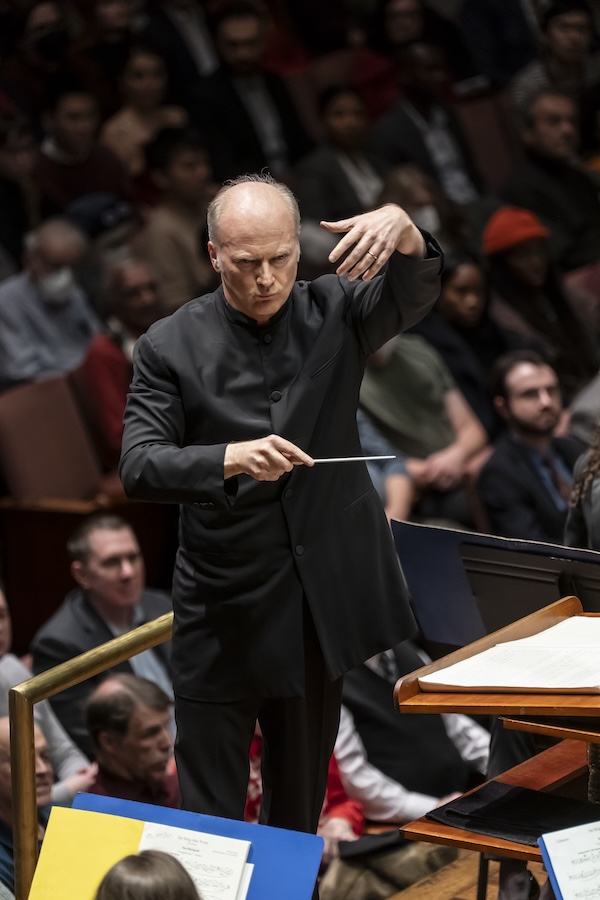
Gianandrea Noseda conducted the National Symphony Orchestra in music from Wagner’s Ring Thursday night at the Kennedy Center. Photo: Scott Suchman.
The program Gianandrea Noseda had originally scheduled with the National Symphony Orchestra this week promised to be a highlight of the season. Regret that Turkish pianist Fazil Say withdrew from an intimate, enigmatic concert featuring rarely heard concertos by Stravinsky and W.F. Bach soon gave way to the thrill of hearing “The Ring Without Words,” Lorin Maazel’s orchestral distillation of Wagner’s complete Der Ring des Nibelungen. Instead of a more demure, classical-sized ensemble, Noseda led a stage-filling romantic orchestra Thursday night in the Kennedy Center Concert Hall.
Maazel compressed the four operas of Wagner’s 15-hour tetralogy into little over an hour for a recording made with the Berlin Philharmonic in 1987. After all, Wagner gave the Ring orchestra, with its complex system of meaning-laden leitmotifs, the role of narrator and annotator. Not only do the instruments weave a constantly changing cinematic background for the singers, most of the cycle’s major climaxes star the orchestra alone. (Maazel himself conducted the work the last time the NSO played it, in 2004.)
The evening opened with Das Rheingold’s musical evocation of the surging currents of the Rhine River. Building from a foundational E-flat in the double-basses, which underpins almost the whole introduction, eight horns echoed and rebounded with warm clarity, followed by burgeoning swirls of strings and woodwinds. Just at the point when the voices of the Rhinemaidens would be heard, the arrangement transitioned to the next excerpt, taken from the misty heights of Valhalla, with solid playing from four Wagner tubists.
Almost like a film director providing a montage, Wagner had the orchestra provide scene-linking montages. As the story descended into Nibelheim, the realm of Alberich, a celebrated passage for tuned anvils evoked the sound of the enslaved dwarves toiling away to sate their master’s greed. Placed offstage, this sound seemed to come from the distance and swell to a mighty din, as if the ear were floating into the depths of the cave. Bits of the entry of the gods into the finished palace of Valhalla rounded out the excerpts of the first opera.
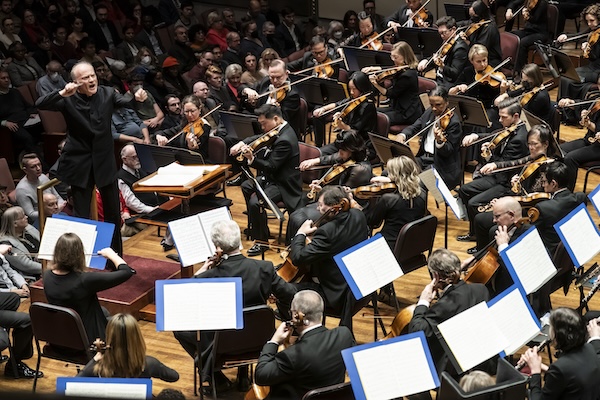
Photo: Scott Suchman
Maazel stitched the various body parts of this Frankenstein monster together with skill, running without a break into the harried prelude of Die Walküre. Parts of the love music of Siegmund and Sieglinde featured fervid solo playing from principal cellist David Hardy. The celebrated “Ride of the Valkyries” featured the massive brass section, from trumpets and bass trumpet down to trombones and tuba, all in splendid form.
A few ill-advised pauses in Maazel’s arrangement only encouraged unnecessary applause. It was much more effective to segue from Wotan’s poignant farewell to his favorite daughter, the Valkyrie Brünnhilde, and the effervescent immolation scene directly into the rather brief smattering of music from Siegfried. Concertmaster Nurit Bar-Josef offered some warm violin solos, alongside the forest murmurs and bird calls provided by the excellent woodwind section.
Maazel may have cheated Siegfried slightly, but with the obvious payoff of giving the fourth opera, Götterdämmerung, more deserved time in the spotlight, adding up to about half of the overall length of the arrangement. The music for “Dawn and Siegfried’s Rhine Journey,” as well as the stark grandeur of “Siegfried’s Death and Funeral Music,” dominated this section. Principal horn player Abel Pereira strode off-stage to deliver some brilliant horn solos, matched in power by the whole section, again with the four Wagner tubas and doubled timpani.
Throughout the evening, Ringheads familiar with the original operas felt some inevitable regret at the loss of voices and the parts left out. Any criticism vanished, however, as soon as the orchestra reached the point where Brünnhilde lit Siegfried’s pyre and threw herself and the cursed ring into the Rhine. From there to the end of Götterdämmerung, Wagner graced the orchestra with one of the most sublime conclusions to any opera ever written.
In many ways, the orchestra takes over from the singers, giving voice to the words of the Rhinemaidens, of Sieglinde (who first sang the triumphant final theme, the Liebeserlösung motif, back in Die Walküre), and even Wotan’s poignant words of farewell to Brünnhilde in ecstatic succession. Noseda has recently conducted all four Ring operas with the Zurich Opera, and he allowed this final orchestral apotheosis to unfold with magisterial grandeur. The two complete Ring cycles planned for Zurich in May should be worth hearing.
The program will be repeated 11:30 a.m. Friday and 8 p.m. Saturday. kennedy-center.org
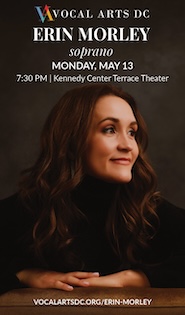


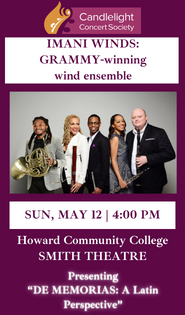
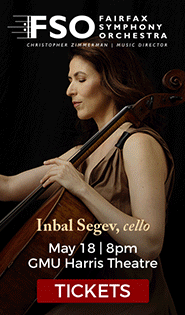
Posted Jan 14, 2024 at 12:14 pm by Michael Rogers
I’m glad you could enjoy it. I tried, but I found it chaotic and lonely without the voices.